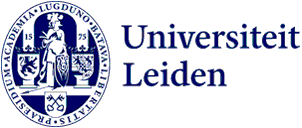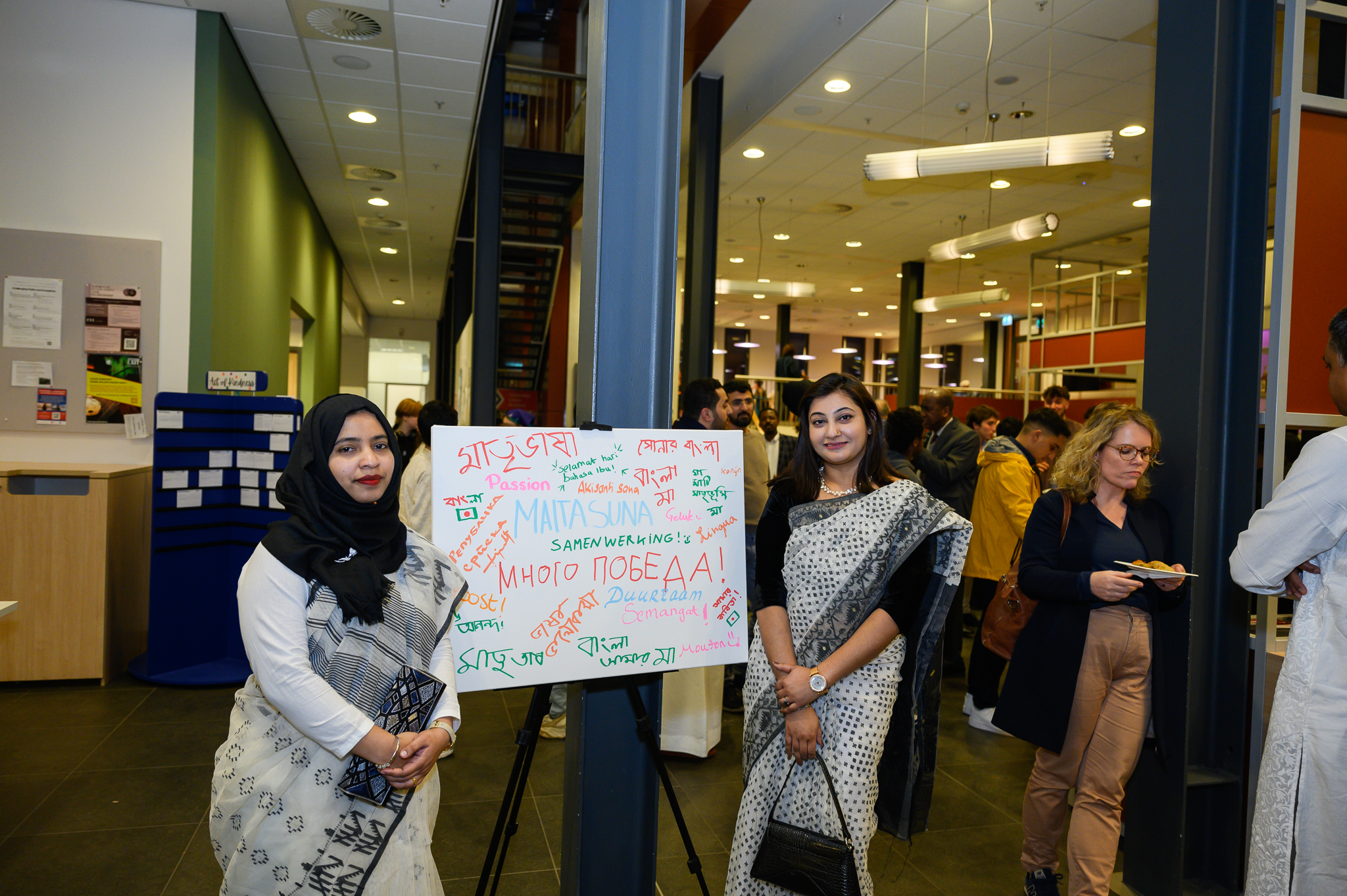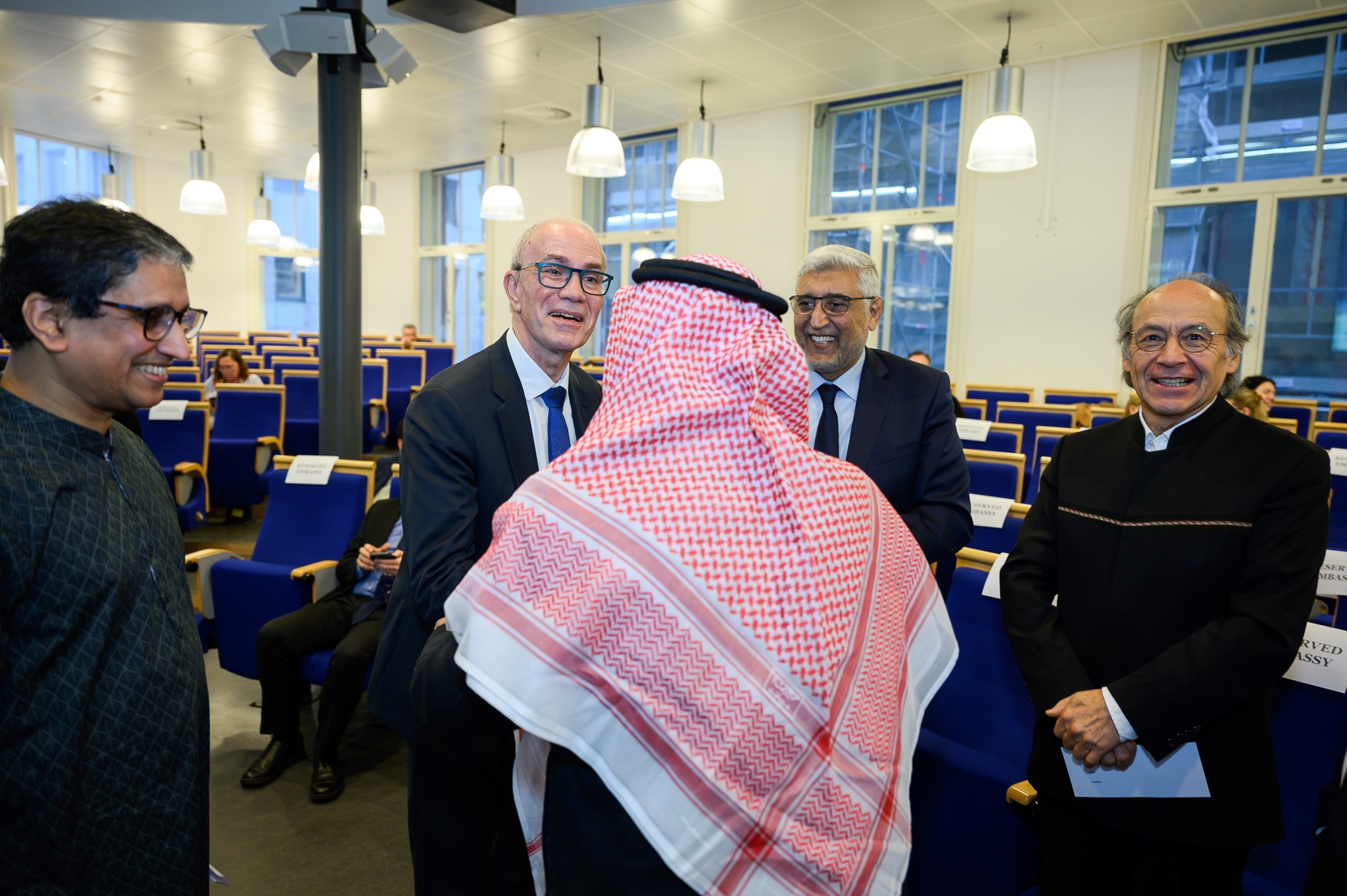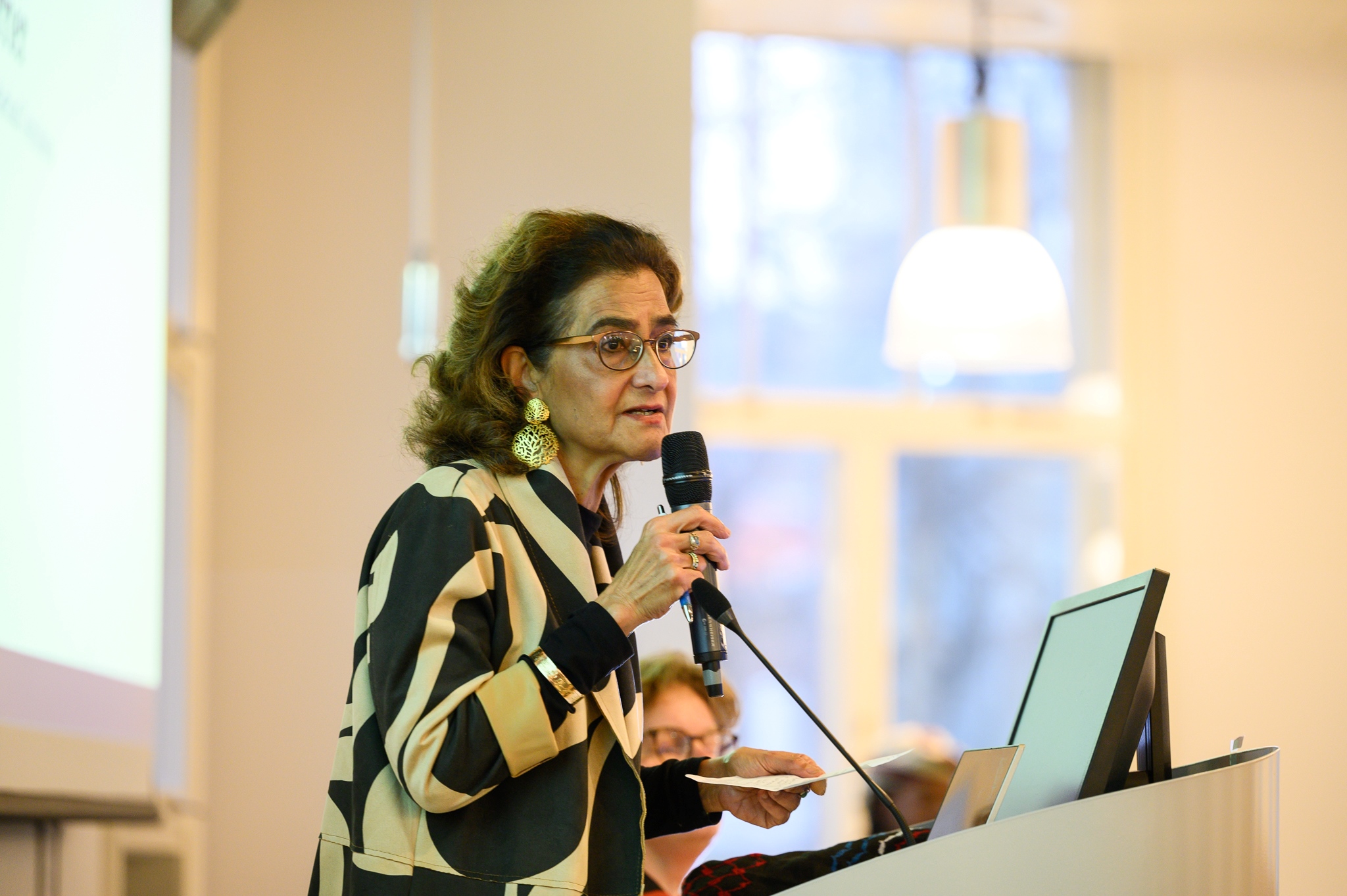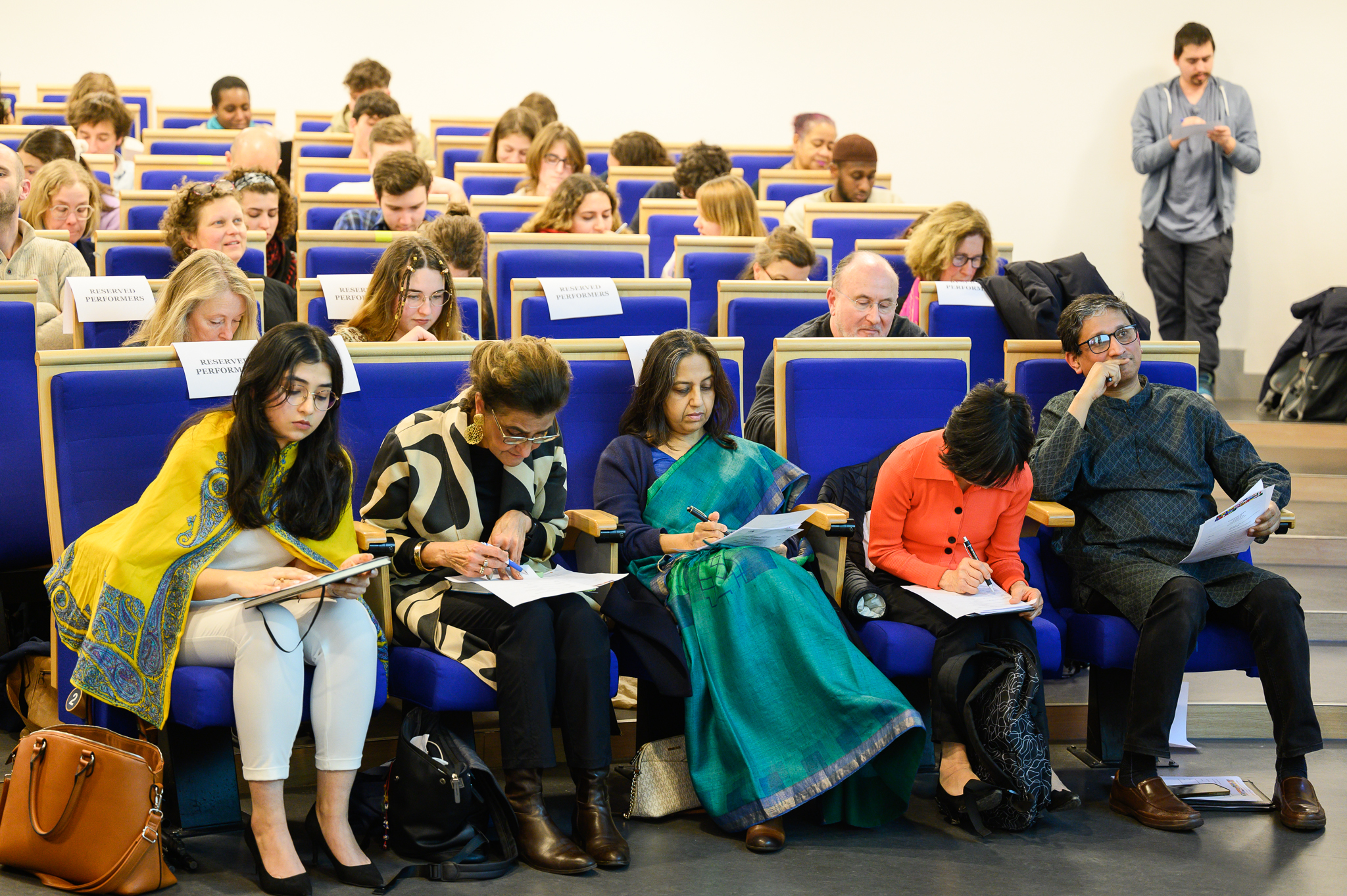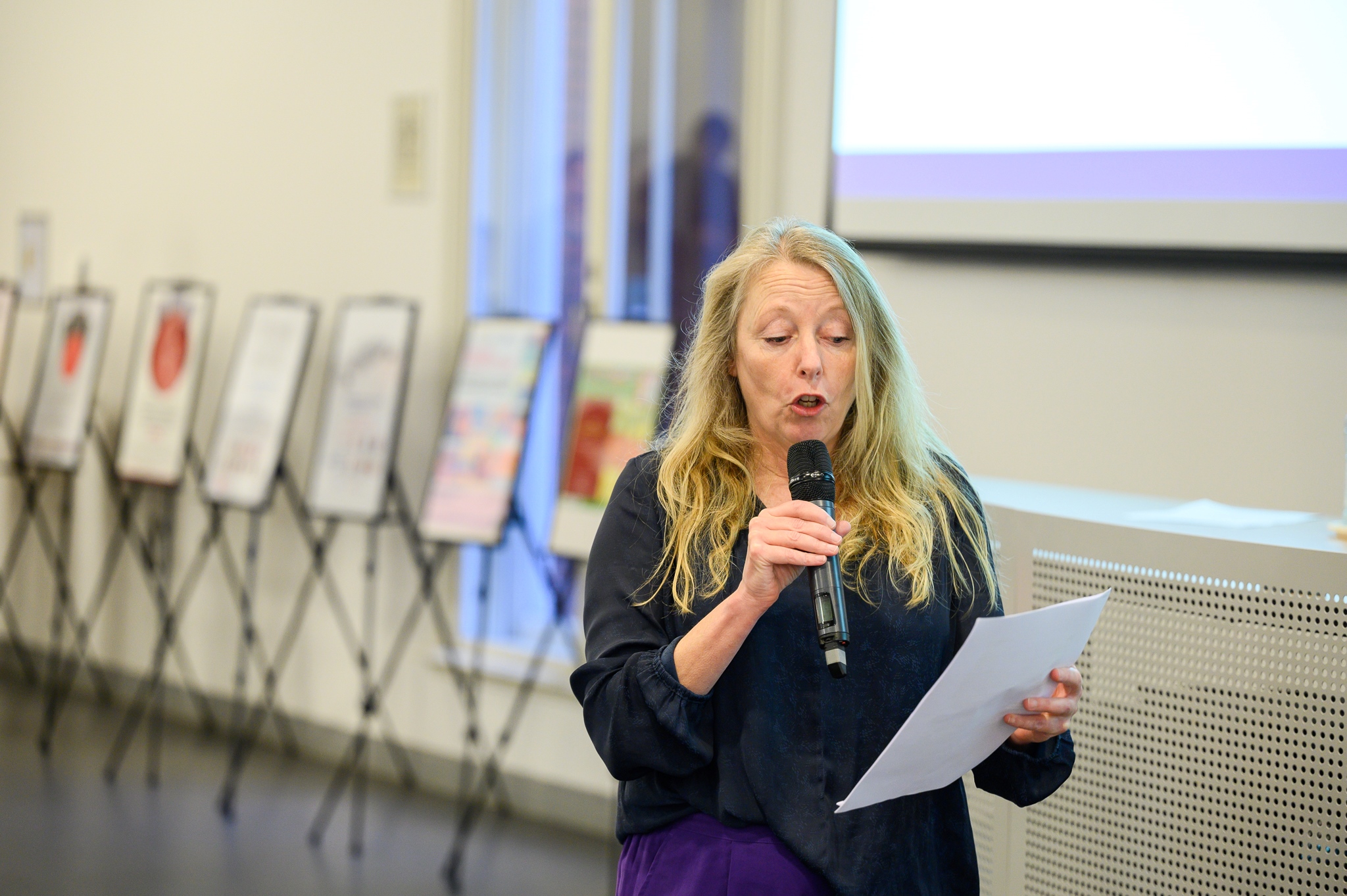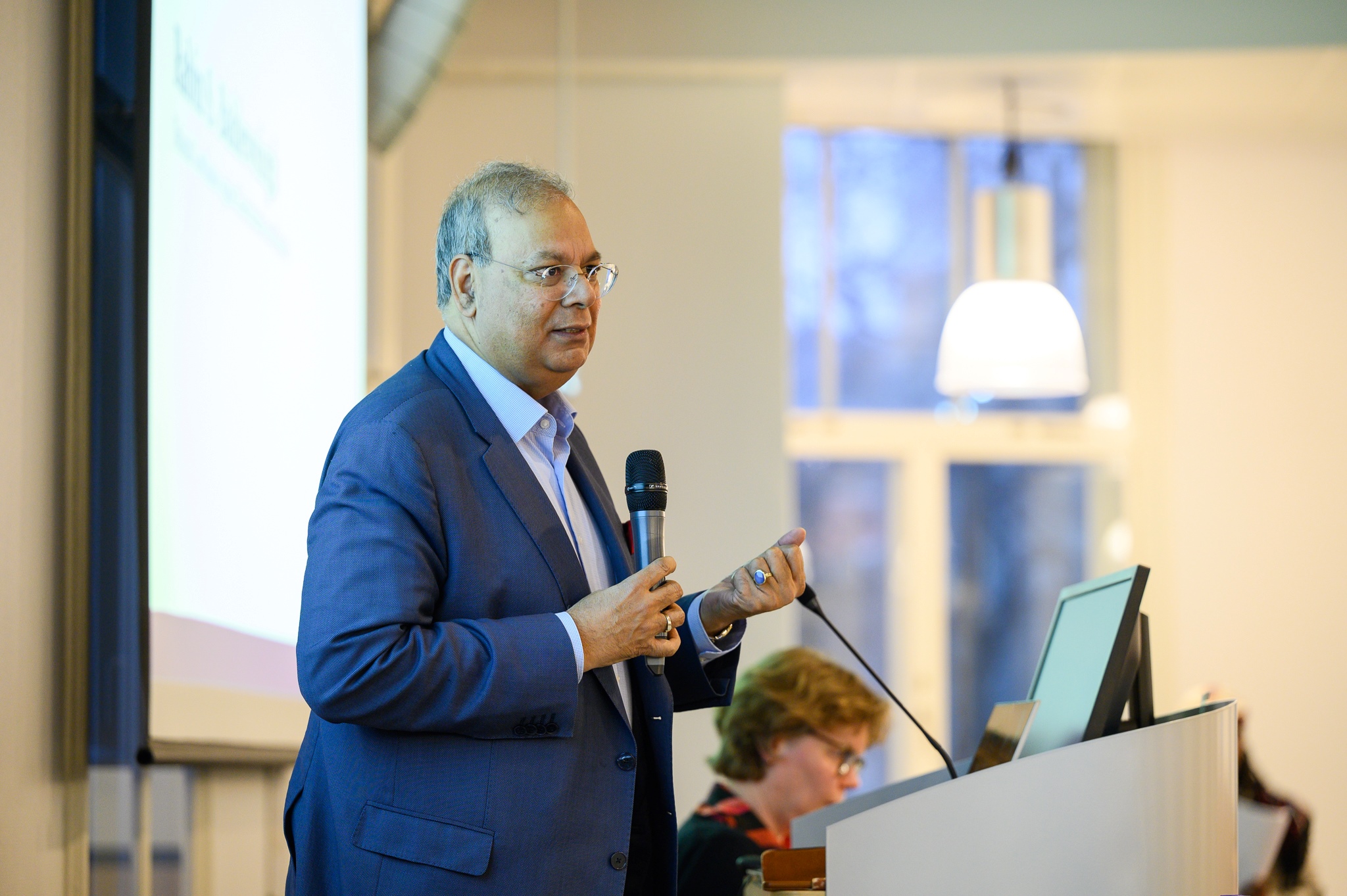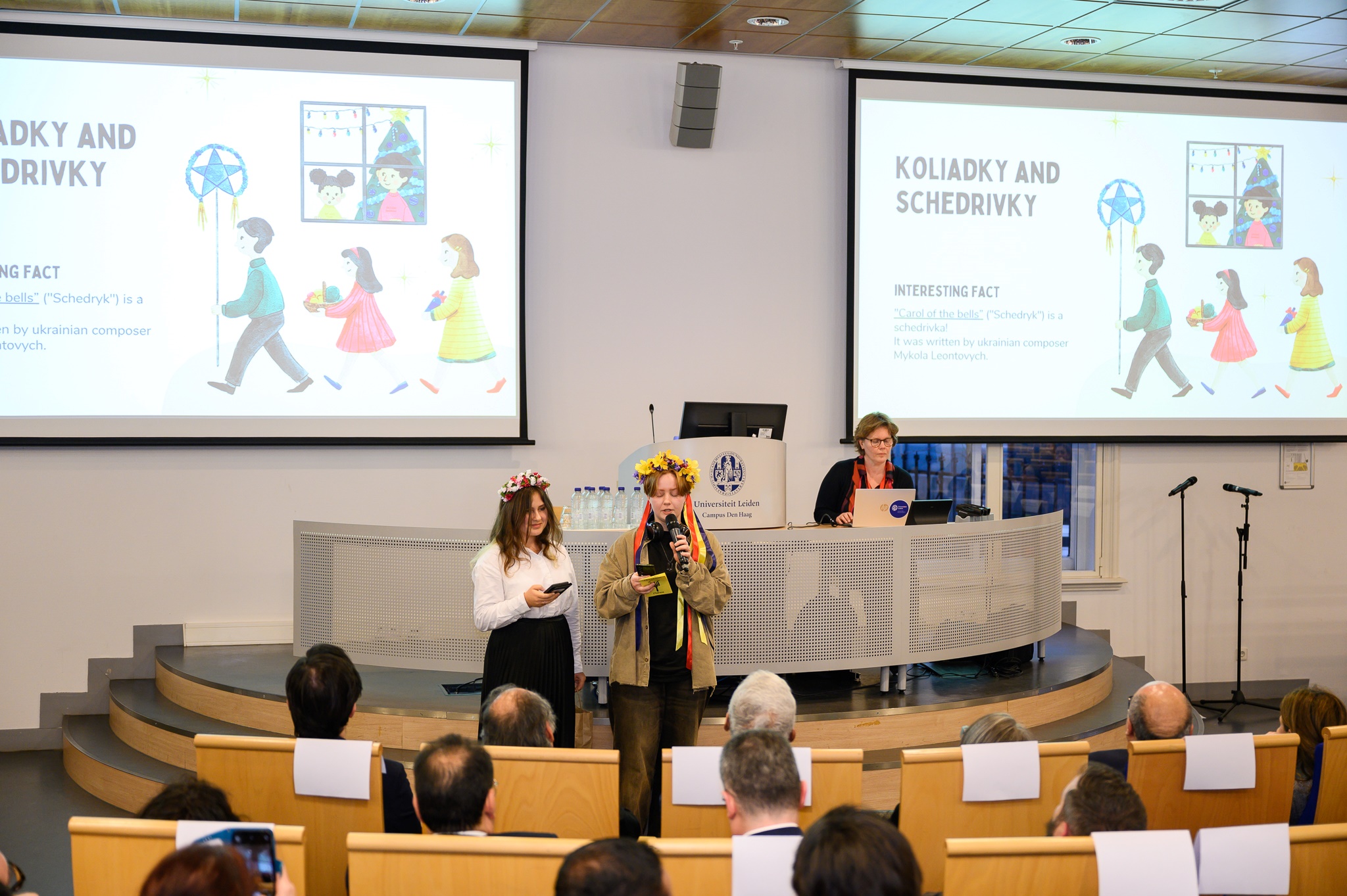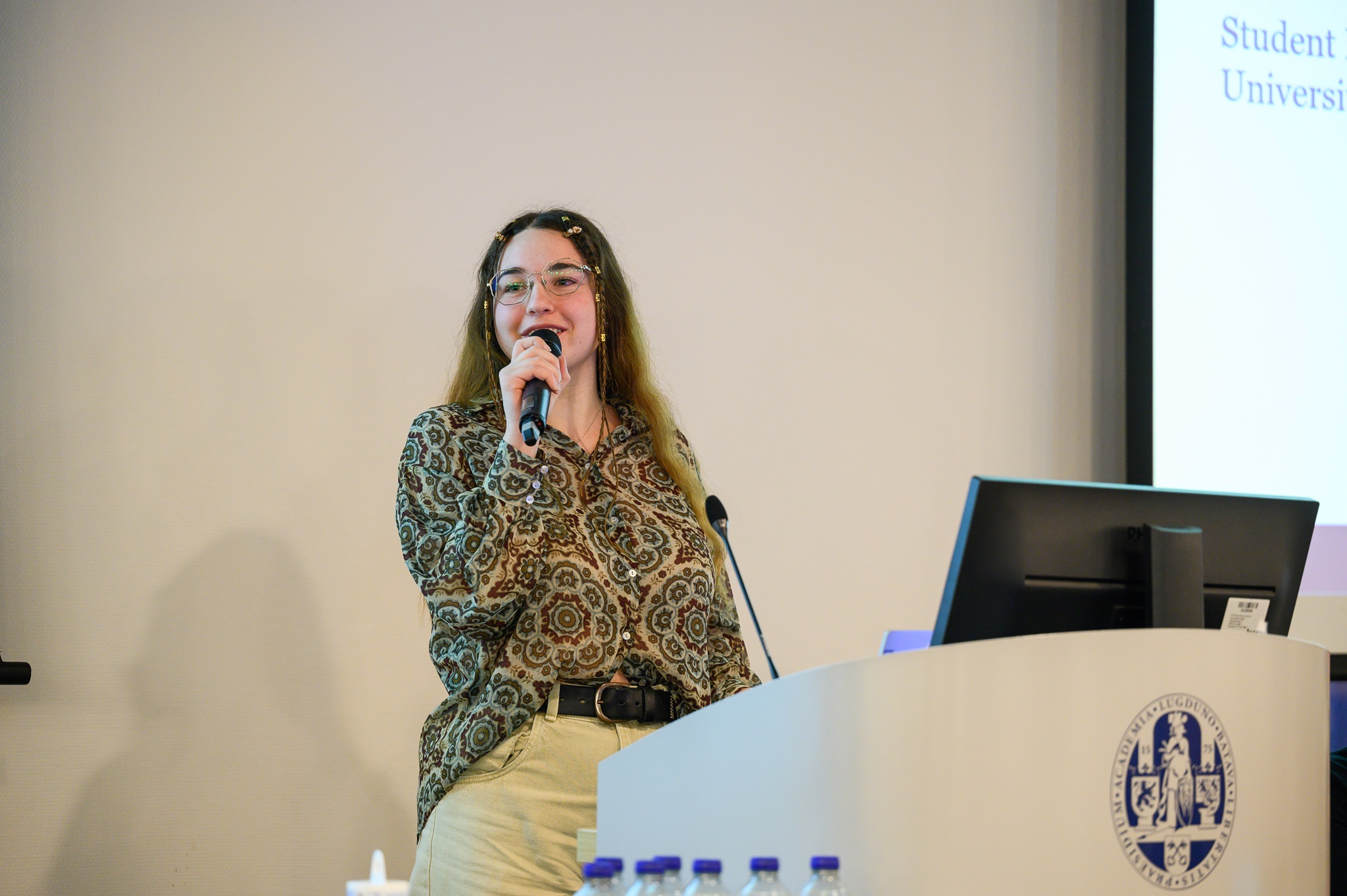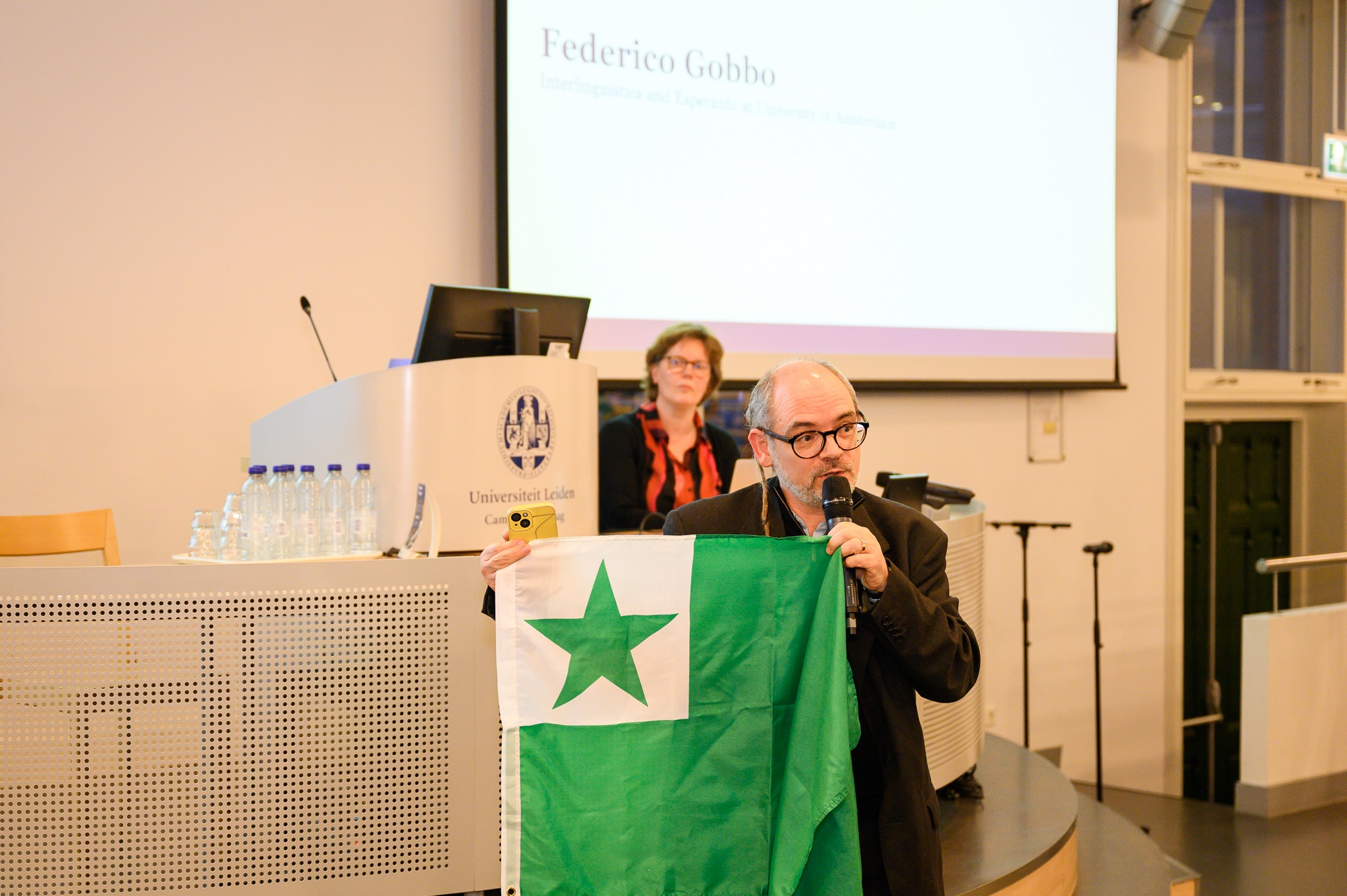
International Mother Language Day 2024: 'It's time to celebrate our languages'
On Wednesday, 21 February, a diverse group of students, staff, and representatives from 21 embassies gathered in The Hague for International Mother Language Day. Under the banner of 'a bit of fun and many serious topics,' language took centre stage.
Various guests were invited to speak about the importance of language diversity, but the programme also included musical and literary performances. Language is intertwined with culture, as Dean Mark Rutgers emphasised in his welcome speech. 'Our mother tongue is more than just language. It connects us to our culture and defines our identity,' said Rutgers.
This year marks the 25th anniversary of UNESCO declaring 21 February as International Mother Language Day. According to Kathleen Ferrier, chair of the Dutch UNESCO Commission, mother tongue is important for several reasons. 'Thanks to the mother tongue, traditions are better preserved. Additionally, learning in the mother tongue is essential for success in school and contributes to better literacy.'
The Ambassador of Bangladesh and co-organiser of the event, Riaz Hamidullah, also stressed the significant role our mother tongue plays in our lives: 'Your mother tongue isn’t something you can wish away. So, it's time to celebrate our languages.'
Musical spectacle
And celebrate they did. A Bengali women's choir wearing traditional dress performed a song in their mother tongue. Even the youngest native speakers were represented: Sophie, Stephen, and Lydia from the Chinese School in Leiden had prepared various songs, and Rafaella Maria Lelieveld from the Philippines sang her favourite song in Tagalog.
An interactive musical spectacle was presented by Roberto Callisaya. As a native speaker of Aymara, spoken in parts of South America, he taught the audience a song in his mother tongue, accompanied by various indigenous instruments. Callisaya didn't play them alone; he received assistance from, among others, Dean Rutgers, who was a skillful player of the bamboo flute.
Valuing language diversity
The event also focused on languages that are at risk of disappearing or are less well-known. Researcher Stéphane Térosier gave a presentation arguing that not all languages have the same value. As an example, he highlighted the elevated status of French over Creole in Martinique. Nevertheless, Térosier is optimistic about the future: 'The appreciation of language diversity today is the first step towards a better world.'
Guest researcher Jean-Jacques Tano also saw the gathering as a great opportunity to emphasise the importance of 'his' language: sign language. 'I want to encourage the ambassadors present to promote the use of sign language in their own countries,' he said in English, accompanied by sign language.
Challenging language quiz
During the afternoon, the audience not only had to watch and listen attentively but also had their knowledge of language tested with a quiz. Which language has the most native speakers? And how many different types of sign language actually exist? 'It's a pretty challenging quiz,' admitted Ambassador Hamidullah. But in the end, there were four winners who each received a small gift from the Embassy of Bangladesh.
Bengali dishes
After the informative afternoon, all the attendees were able to enjoy refreshments, including authentic Bengali dishes. And, as befits an event like International Mother Language Day, conversations there took place in a wide variety of languages.

In addition to all the presentations and performances, the annual poster competition also took place. This time, the theme was Harmony in Diversity. The winner was Jolanda Dekker from the Willem de Kooning Academy in Rotterdam.
